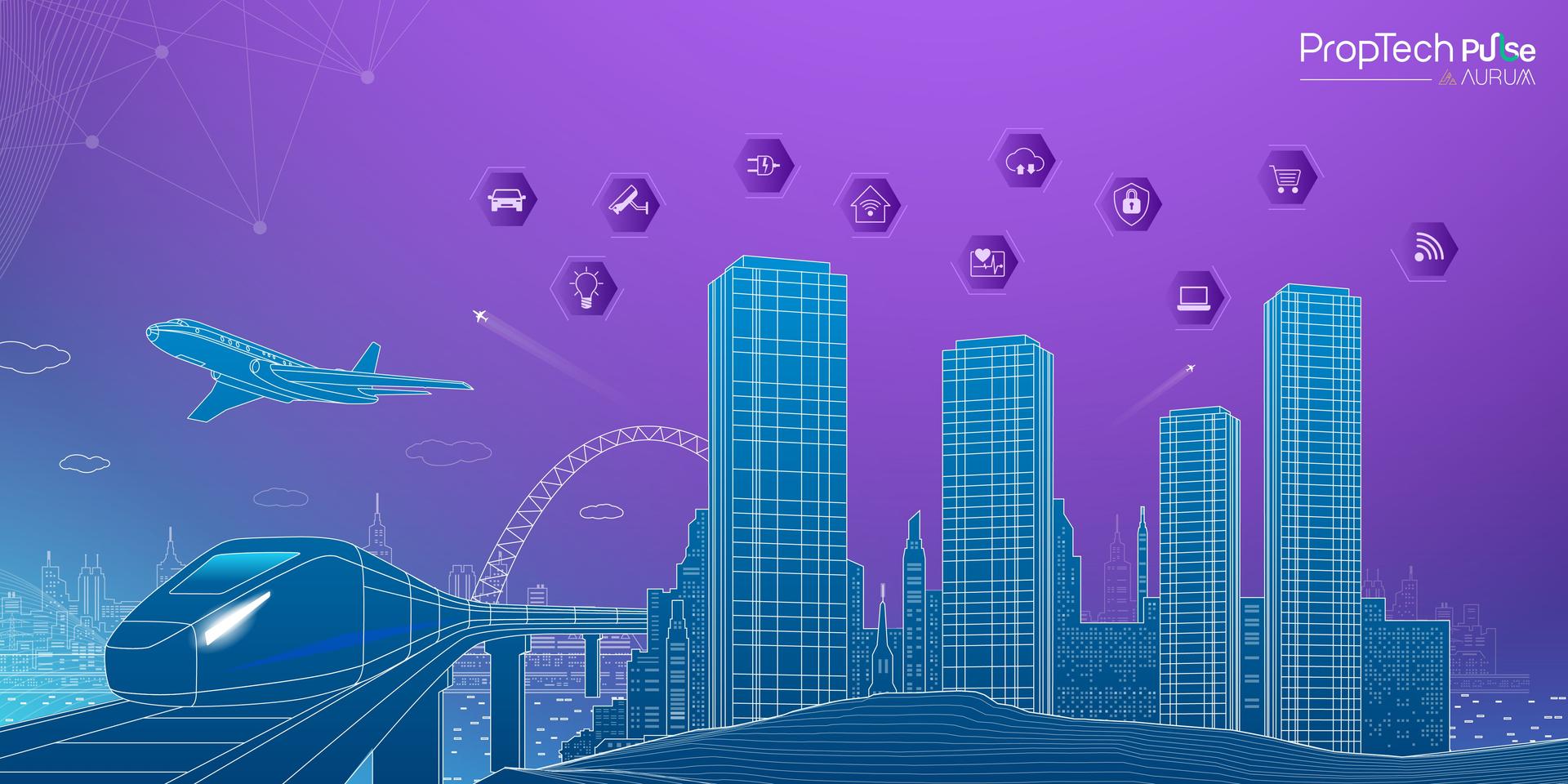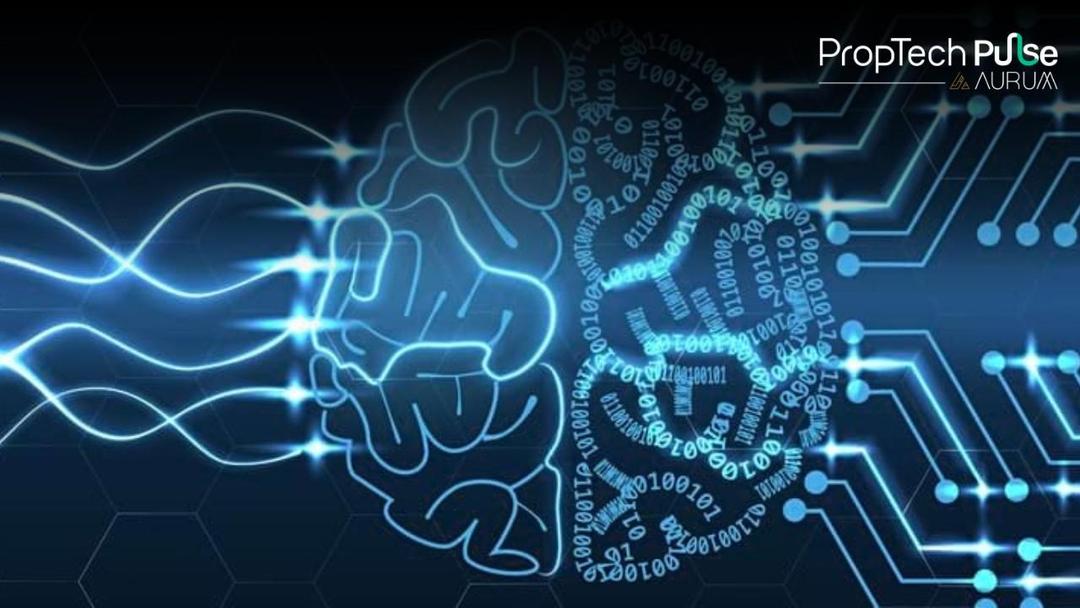Technology and Innovation

Introduction to Smart City Technology
How do cities become efficient, sustainable, and livable amidst the rapid pace of urbanization? The solution is smart city technology. By incorporating the Internet of Things (IoT), data analytics, and green infrastructure, cities can not only maximize resources but improve public services and the overall quality of life.
Now, let’s learn more about this transformative technology and how it’s shaping the future of urban development.
Key Components of Smart City Technology
Smart city technology comprises various interconnected components that enhance urban efficiency and sustainability. The key pillars of this innovation are discussed below:
IoT and Connectivity in Smart Cities
Internet of Things (IoT) is at the heart of smart city technology. IoT builds a sophisticated network of interlinked devices and systems. Such technologies generate huge volumes of real-time data. This information provides cities with new information about the way they work. IoT enables cities to control traffic and energy consumption. It enables them to gather, process, and act on urban issues very precisely.
Data Analytics and Real-Time Monitoring
Advanced data analytics transform raw information into actionable intelligence. Smart cities utilize sophisticated algorithms and machine learning to:
- Project infrastructure maintenance requirements.
- Maximize resource utilization.
- Improve public sector delivery.
- Enhance decision-making procedures.
Renewable Energy and Sustainability Initiatives
Sustainability is a critical component of smart city technology. Innovative approaches include:
- Smart energy grids that optimize power distribution.
- Renewable energy integration.
- Intelligent waste management systems.
- Green building technologies that reduce carbon footprint.
Applications of Smart City Technology in Urban Planning
Smart city technology is transforming urban planning, making cities more efficient, interconnected, and citizen-friendly. Let us discuss this briefly:
Smart Traffic Management Systems
Two of the largest city issues are air pollution and congestion. Smart traffic systems use AI-based analytics to better coordinate car movement. GPS-based real-time data and smart traffic lights reduce congestion, increase road safety, and decrease travel time.
Smart Energy Grids and Waste Management
Smart grids optimize energy efficiency by providing electricity according to demand patterns. This minimizes the wastage of power and optimizes the use of renewable energy sources in a cost-effective manner. Smart waste management systems employ sensors in trash cans to optimize collection routes, saving cost and environmental footprint.
Public Safety and Surveillance in Smart Cities
Security is a critical aspect of smart city planning. AI-powered surveillance systems, facial recognition, and emergency response coordination improve public safety. Data-led policing detects areas of crime and deters crime through proactive security.
Smart Water Management Systems
Efficient water management is essential for sustainable urban living. Smart water systems leverage IoT sensors and AI analytics to monitor water quality, detect leaks, and optimize distribution, ensuring minimal wastage and efficient resource allocation.
The Real-World Applications of Smart City Technology
- Intelligent traffic lights: Powered by artificial intelligence, change dynamically in real-time based on traffic congestion levels, effectively reducing traffic congestion and travel time.
- Smart Waste Bins: Sensors detect when a bin is full, optimizing collection schedules and reducing overflow issues.
- Smart Grids: Automated electricity distribution ensures maximum energy utilization by adjusting supply based on demand in real time.
- Public Safety Cameras: With AI cameras, suspicious behavior can be identified, enhancing security and emergency response.
- Smart Parking: Instant feedback to drivers on the availability of parking spaces saves fuel and decreases traffic.
Benefits of Implementing Smart City Technology
Adopting smart city solutions has numerous advantages, improving urban life and economic development while promoting sustainability. Let us get a better understanding of this from the content given below:
Improved Quality of Life
By using world-class definitions, strategies, and standards for developing the future of urbanization, smart solutions will reduce urban and suburban traffic congestion, improve qualities of air, and provide real-time data on public transport systems. The Internet of Things in smart cities guarantees effective healthcare through remote monitoring and AI-based diagnosis of all diseases.
Economic Growth and Innovation
Smart city investments drive economic growth by fostering innovation in real estate, technology, and energy. Launched in 2015, India’s Smart Cities Mission aims to enhance infrastructure and living standards across 100 cities. With a proposed investment of ₹2,01,981 crore, ₹1,63,138 crore is allocated for area-based development to boost sustainability and liveability.
Enhanced Sustainability and Environmental Protection
Smart cities prioritize eco-friendly solutions, reducing carbon footprints through renewable energy integration, energy-efficient buildings, and intelligent waste management. These innovations help combat climate change and promote long-term sustainability.
Optimized Public Safety and Security
Advanced surveillance systems, AI-powered analytics, and real-time emergency response technologies enhance public safety in smart cities. Law enforcement and disaster management teams can respond faster and more effectively to incidents.
Efficient Mobility and Transportation
Smart transportation solutions, including AI-driven traffic management, connected public transport, and autonomous vehicles, reduce congestion and enhance commuting efficiency. These advancements lead to reduced travel times, lower emissions, and improved accessibility.
Enhanced Sustainability and Environmental Impact
Smart cities will apply green building techniques, reduce the consumption of resources, and further work with eco-friendly urban solutions. Technologies such as smart irrigation systems and air-quality monitoring contribute to creating a healthier environment.
Reference: CBRE Insights
Challenges and Risks in Developing Smart Cities
Despite the many benefits, smart city development comes with challenges that need to be addressed. Let us learn about this now:
Data Privacy and Cybersecurity Concerns
Cybersecurity threats and privacy issues heightened by the reliance on data are some of the greatest challenges faced. Protecting citizen data from breaches while ensuring that privacy regulations are met is crucial to success.
High Costs and Infrastructure Investments
In developing a smart city, large sums of money are required. INR 163138 crore has been distributed for projects in area development as per the provision of the Smart Cities Mission. The long-term sustainability of technology infrastructure, however, presents one of the challenges.
Integration and Interoperability Issues
Smart cities rely on multiple technologies from different vendors, which can create challenges in integration and interoperability. Ensuring seamless communication between legacy systems and new smart solutions is essential for efficient urban management.
Digital Divide and Accessibility
Not all citizens have equal access to smart city technologies, leading to a digital divide. Ensuring inclusivity and accessibility for all, including low-income populations and the elderly, is a crucial challenge.
Regulatory and Policy Challenges
Developing and implementing smart city policies requires coordination among multiple government agencies, private sector stakeholders, and citizens. Regulatory frameworks need to evolve to keep up with technological advancements while ensuring ethical and legal compliance.
Real-World Examples of Smart Cities
To understand how smart city technologies are transforming urban landscapes, let’s explore two leading examples.
Singapore: A Leader in Smart City Innovation
Singapore has set a benchmark with its smart mobility solutions, efficient energy management, and AI-driven public services. Singapore consistently tops the list of the world's smartest cities no matter how they are rated. It was the only city in the top ten of the IMD's rankings not to move position from 2020 to 2021—an indication of the city's commitment to smart technology.
Singapore is also aiming to become the first country to build a brand-new eco-smart city that is entirely vehicle-free. Located in Tengah, a town in the western region of Singapore, the planned forest city will see five residential districts with 42,000 houses and also have safe zones for pedestrians and cyclists.
Barcelona: Integrating IoT for Better Connectivity
Barcelona leads the way in smart city solutions through IoT innovations. Smart parking guides drivers to vacant spaces, reducing congestion and emissions. Smart street lighting adjusts the light for pedestrian flow, conserving energy and enhancing safety.
Barcelona promotes digital interaction through interactive kiosks and real-time data exchange for mobility promotion. Its intelligent waste management applies sensor bins for maximum collection, minimizing trips, and enhancing hygiene. IoT applications across industries have enhanced sustainability, efficiency, and the quality of life of its citizens.
Future Trends in Smart City Technology
Smart city technologies continue to evolve, shaping the future of urban development with innovative advancements.
AI and Machine Learning in Urban Planning
- Predictive analytics powered by AI will be key to optimizing urban development, from traffic flow management to energy distribution and disaster response planning.
- Example: AI-powered simulations can forecast traffic congestion patterns and recommend alternative routes in real-time.
5G and Smart Infrastructure
- The deployment of 5G networks will increase connectivity, allowing for quicker data transmission and smoother integration of smart city solutions.
- Example: Autonomous vehicles powered by 5G can communicate in real-time, enhancing traffic efficiency and safety.
Blockchain for Transparency and Security
- Blockchain technology will enhance security and transparency in urban management, ensuring data integrity, reducing fraud, and enabling decentralized decision-making.
- Example: Blockchain can secure citizen data and transactions, such as public voting or secure healthcare record management, offering trust and transparency.
IoT and Sensor Networks for Real-Time Monitoring
The Internet of Things (IoT) will enhance urban infrastructure by enabling real-time data collection and analysis, improving efficiency in waste management, water distribution, and air quality monitoring.
Example: Smart sensors in waste bins can notify collection services when they need to be emptied, optimizing routes and reducing costs.
Conclusion
The adoption of smart city technology is revolutionizing the urban landscape, turning cities into more efficient, greener, and resident-friendly places. Although challenges like cyber attacks and high costs are still there, ongoing innovation and investment will propel the future of city growth. By using smart city solutions, cities across the globe can improve the quality of life and set the stage for a technology-driven, green future.

AI Agent
25 Feb 2026
4 Min Read
Decision Momentum Index in Real Estate: How Pulse AI Tracks Buyer Forward Movement

AI Agent
24 Feb 2026
4 Min Read
Information Parity Engine in Real Estate How Pulse AI Ensures Equal Buyer Clarity

AI Agent
23 Feb 2026
4 Min Read
Buyer Risk Calibration in Real Estate: How Pulse AI Balances Perceived Uncertainty
Unlock the Latest in Real Estate
News, Infographics, Blogs & More! Delivered to your inbox.
“Data that drives action. Insight that inspires action. Technology that empowers action.“
“Data that drives action.
Insight that inspires action.
Technology that empowers action.“






